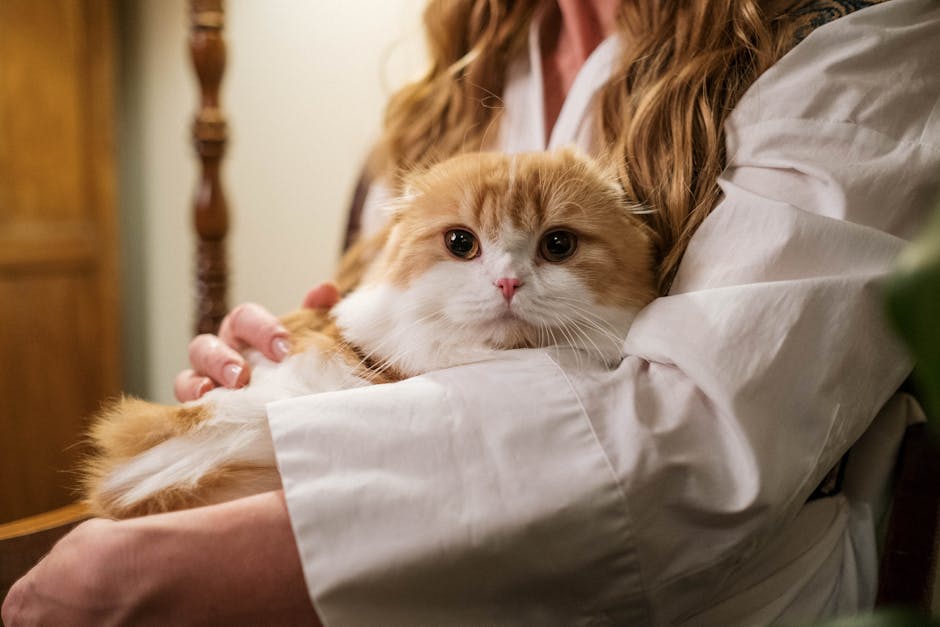Pet ownership often brings immense joy, companionship, and unconditional love. However, unexpected financial hardships can cast a shadow over this bond, creating a challenging situation for both pet and owner. Fortunately, a wealth of resources exist to help pet owners navigate these difficult times. This guide delves into these options, offering a practical approach for finding support and maintaining a healthy relationship with your animal companion.
A multifaceted crisis can quickly escalate if a pet owner’s finances take a downturn. This is where understanding the available resources becomes crucial. Financial pressures can manifest in various ways, from unexpected veterinary bills to lost employment or reduced income. These challenges can lead to anxiety and stress, impacting the well-being of both the pet owner and their animal companion.
A fundamental step in addressing financial hardship related to pet ownership is recognizing the problem and seeking help. Many organizations and programs are specifically designed to provide support. These resources extend beyond simply monetary assistance, encompassing advice on managing expenses and adopting more sustainable practices.
A crucial aspect of this support network revolves around veterinary care. A substantial portion of pet owners face escalating veterinary costs. These can arise from routine vaccinations, preventative care, emergency procedures, or chronic health conditions. Many veterinary clinics and emergency hospitals offer payment plans or reduced-cost services to help those struggling financially. Investigating these options can significantly ease the burden of veterinary care.
Furthermore, a proactive approach to pet care can minimize potential financial strain. Regular checkups and preventative measures can often ward off more serious, and costly, health problems later. Vaccinations, parasite control, and ensuring appropriate nutrition contribute to maintaining a healthy animal, reducing the likelihood of expensive veterinary interventions.
Financial hardship can also affect feeding. A well-balanced diet is crucial for a pet’s health. Finding affordable, nutritious options is often paramount. Local shelters, animal welfare organizations, and community initiatives frequently provide low-cost or free pet food. Contacting these organizations to discuss various assistance programs is crucial. Additionally, exploring alternative feeding strategies like home-cooked diets (under veterinarian supervision) can be a sustainable solution, minimizing long-term feeding costs.
Beyond direct financial aid, there are opportunities for practical assistance. Pet food banks, often associated with animal shelters and rescue organizations, play a vital role. These initiatives distribute donated food, providing crucial support to pet owners facing difficulty affording food. Similarly, exploring resources for low-cost or free grooming services can further reduce expenses.
Support groups and online communities focused on pet ownership offer a unique opportunity for sharing experiences and finding solutions. These platforms enable the exchange of tips, advice, and strategies for managing expenses while maintaining a high standard of pet care.
Furthermore, understanding the importance of responsible pet ownership can substantially mitigate financial risk. Educating yourself about the needs and potential costs associated with pet ownership from the beginning is key. Budgeting for veterinary expenses, food, and other essential supplies can help alleviate potential crises.
Government assistance programs can also play a role. While details may vary depending on location, some jurisdictions offer financial aid for pet owners facing significant hardship. Researching local and state-level programs can unearth potential support avenues. Investigating programs aimed at low-income families or individuals can be an important step in finding financial relief.
A crucial aspect often overlooked is the value of adopting, rather than purchasing, a pet. Shelters and rescue organizations often offer adoption fees at reduced or waived rates. This provides a chance to give a deserving animal a loving home while easing the financial burden associated with pet ownership. This approach can be rewarding for the animal and the owner, creating a sustainable arrangement.
In summary, numerous resources support pet owners facing financial hardship. These range from veterinary clinic payment plans to food banks and support groups. The key to navigating these challenges lies in proactive identification of the problem, researching local options, and utilizing available resources. Building a support network, understanding the importance of preventative care, and adopting responsible pet ownership practices can help mitigate the impact of financial strain and ensure the well-being of both pet and owner. By understanding these avenues, pet owners can maintain a healthy relationship with their animal companions, even during challenging times.
